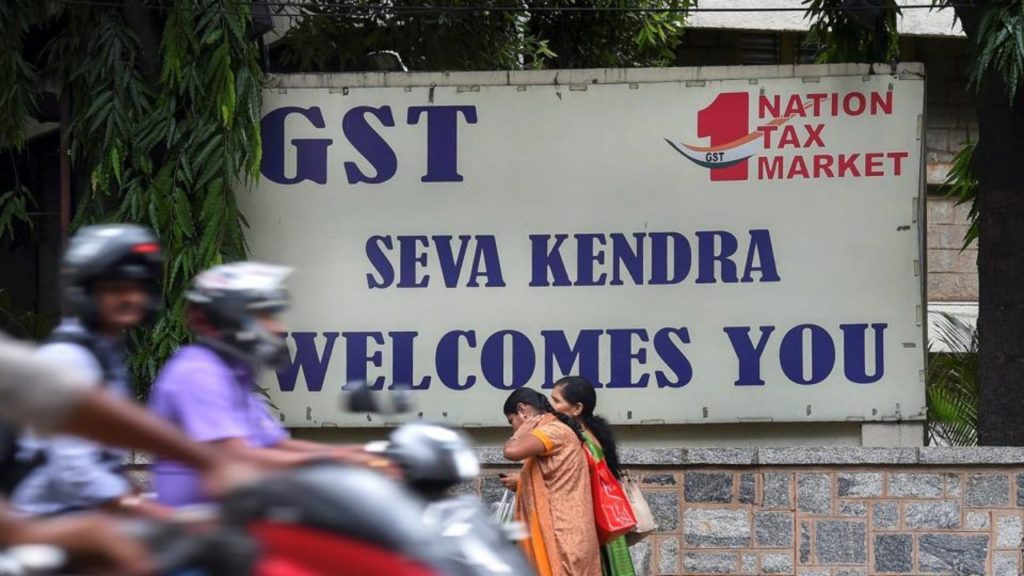Govt Orders These Companies To Pay 1% GST In Cash! Logic Behind 1% GST In Cash?

In order to curb tax evasion by faking invoices, the Central Board of Indirect Taxes and Customs (CBIC) has introduced Rule 86B in GST Rules, as per which businesses will no longer be allowed to make use of input tax credit for discharging GST liability to 99%.
Businesses with monthly turnover of more than Rs 50 lakh will have to compulsorily pay a minimum of 1% of their GST liability in cash.
There is more to it. Let’s learn about this in detail.
Introduction of Rule 86B
According to the newly introduced Rule 86B, a taxpayer cannot use Input Tax Credit in excess of 99% of output tax liability.
This new rule will come under effect from January 1, 2021.
This rule is applicable to the registered person whose value of taxable supply other than exempt supply and export, in a month exceeds Rs 50 lakh.
CBIC quoted, “The registered person shall not use the amount available in electronic credit ledger to discharge his liability towards output tax in excess of 99 percent of tax liability, in cases where the value of taxable supply in a month exceeds Rs 50 lakh”.
While calculating the turnover threshold, sales from GST exempt goods and zero rates supply would not be included.
Cases Where Rule 86B Not Applicable
The above rule introduced by the CBIC will not be applicable for these cases:
- If the registered person (managing director or any partner) has paid more than Rs 1 lakh as Income Tax under the Income-tax Act, 1961 in each of the last two financial years, or
- If the registered person has received a refund of more than Rs 1 lakh in the preceding financial year, on account of unutilized input tax credit.
- If the registered person has cumulatively up to the said month in the current financial year, discharged their output tax liability in cash which is in excess of 1% of the total output tax liability.
- This rule is not applicable to the government department, PSU, or local authority.
TaxGuru has cited an example for the same, wherein if until November 2020 in FY 2020-2021, the output tax liability comes to Rs 10 lakh and taxpayer deposited Rs 10,000 in cash, then the rule will not be applicable to them.
GSTR 1 to be Blocked in Failure of Filing GSTR 3B
GSTR-3B is a monthly self-declaration to be filed by a registered GST dealer along with GSTR 1 and GSTR 2 return forms. It is a simplified return to declare summary GST liabilities for a tax period.
A dealer needs to file the GSTR 3B form even in the absence of any business activity.
Until now, non-filing of GSTR 3B led to blockage of e-way bill.
However, CBIC has now amended GST rules, according to which, failure of filing the GSTR 3B form will lead to blockage in GSTR 1 as well.
Abhishek Jain, Tax Partner, EY says, “The government has now restricted filing of outward supply details in GSTR 1 return for businesses who have not paid tax for the past periods by filing GSTR 3B.”
He also added that the government’s motive behind this move is to curb input tax credit passing by businesses which have otherwise not paid their GST liability.
These changes indicate that the government is grappling with lower tax collections and high tax evasions, burden of which will again be on honest taxpayers.

Comments are closed, but trackbacks and pingbacks are open.